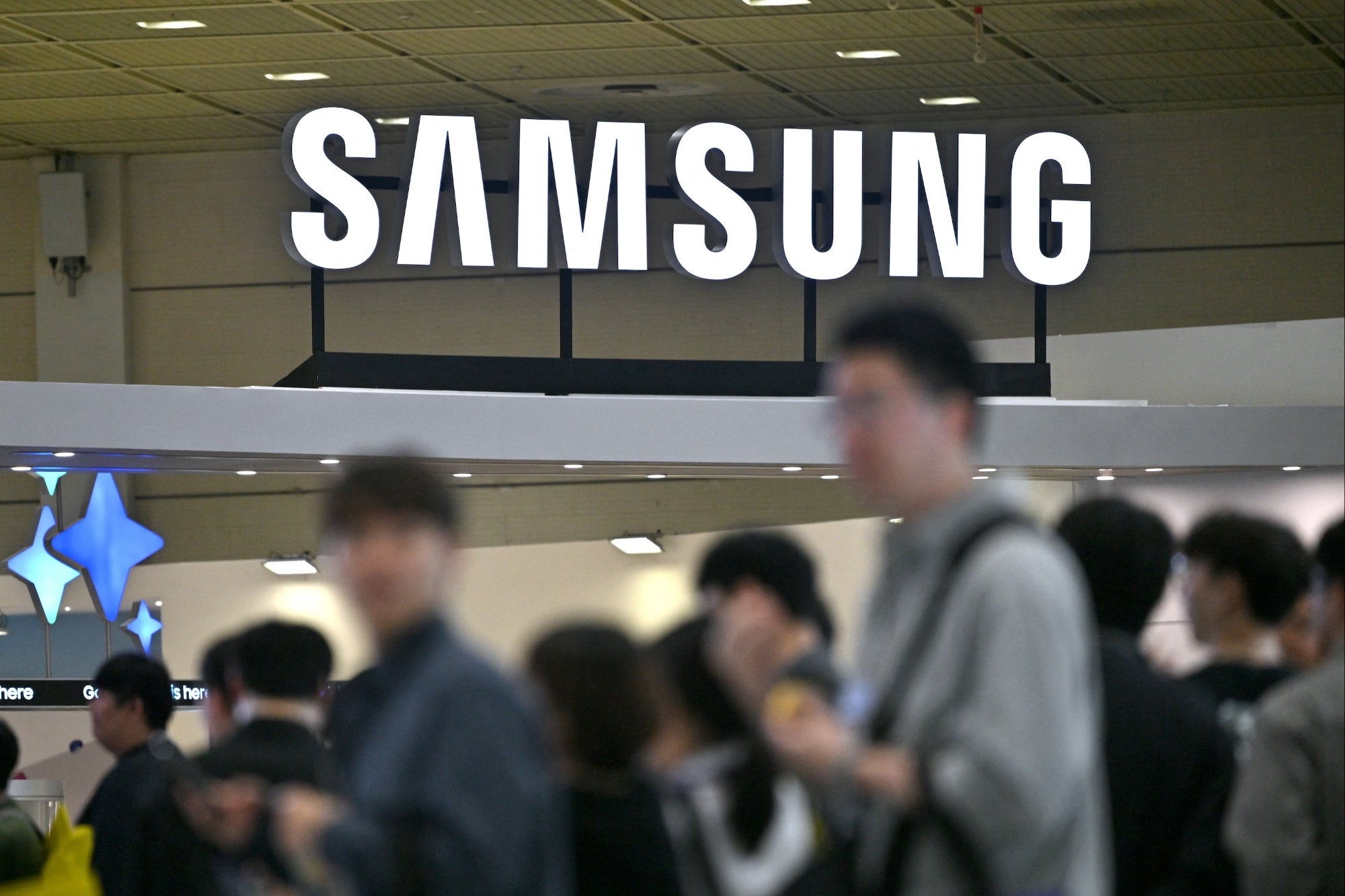AFFILIATE MARKETING
Samsung: 6-Day Workweek For Execs, Company in Emergency Mode

Four-day workweeks might have all the buzz, but one major tech company is going in the opposite direction.
Samsung is implementing a six-day workweek for all executives after some of the firm’s core businesses delivered lower-than-expected financial results last year.
A Samsung Group executive told a Korean news outlet that “considering that performance of our major units, including Samsung Electronics Co., fell short of expectations in 2023, we are introducing the six-day work week for executives to inject a sense of crisis and make all-out efforts to overcome this crisis.”
Lower performance combined with other economic uncertainties like high borrowing costs have pushed the South Korean company to enter “emergency mode,” per The Korea Economic Daily.
Related: Apple Is No Longer the Top Phonemaker in the World as AI Pressure and Competition Intensifies
Executives at all Samsung Group divisions will be affected, including those in sales and manufacturing, according to the report.
Samsung had its worst financial year in over a decade in 2023, with the Wall Street Journal reporting that net profit fell 73% in Q4. It also lost its top spot on the global smartphone market to Apple in the same quarter, though it reclaimed it this year.
Though employees below the executive level aren’t yet mandated to clock in on weekends, some might follow the unwritten example of their bosses. After all, The Korea Economic Daily reports that executives across some Samsung divisions have been voluntarily working six days a week since January, before the company decided to implement the six-day workweek policy.
Entrepreneur has reached out to Samsung’s U.S. newsroom to ask if this news includes executives situated globally, including in the U.S., or if it only affects employees in Korea. Samsung did not immediately respond.
Research on the relationship between hours worked and output shows that working more does not necessarily increase productivity.
A Stanford project, for example, found that overwork leads to decreased total output. Average productivity decreases due to stress, sleep deprivation, and other factors “to the extent that the additional hours [worked] provide no benefit (and, in fact, are detrimental),” the study said.
Related: Samsung’s Newest Galaxy Gadget Aims ‘To See How Productive You Can Be’
Longer hours can also mean long-term health effects. The World Health Organization found that working more than 55 hours a week decreases life expectancy and increases the risk of stroke by 35%.
The same 55-hour workweek leads to a 17% higher risk of heart disease, per the same study.

![How AEO Will Impact Your Business's Google Visibility in 2026 Why Your Small Business’s Google Visibility in 2026 Depends on AEO [Webinar]](https://articles.entireweb.com/wp-content/uploads/2026/01/How-AEO-Will-Impact-Your-Businesss-Google-Visibility-in-2026-400x240.png)
![How AEO Will Impact Your Business's Google Visibility in 2026 Why Your Small Business’s Google Visibility in 2026 Depends on AEO [Webinar]](https://articles.entireweb.com/wp-content/uploads/2026/01/How-AEO-Will-Impact-Your-Businesss-Google-Visibility-in-2026-80x80.png)















